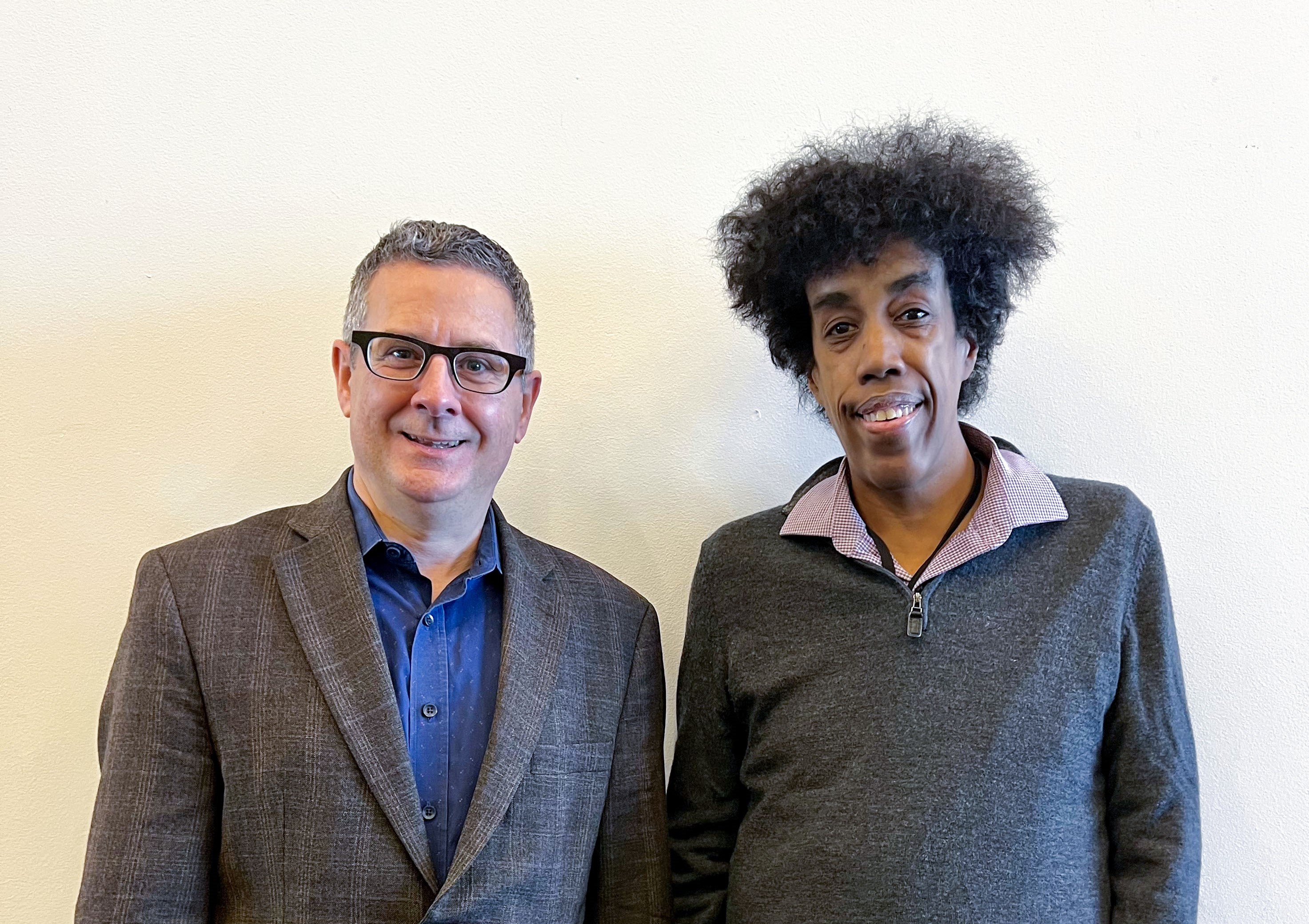
When TACA (The Arts Community Alliance) hosts its annual Silver Cup Awards Luncheon on May 3, a familiar face will be introduced as the Donna Wilhelm Family President and Executive Director. Maura Sheffler has been with TACA since 2013 and comes to the job with great appreciation for the arts advocacy organization’s mission.
“I love this organization,” Sheffler said. “Since the day I walked in, I loved the fact that we are an organization that supports so many, that supports the entire arts community.”
Sheffler previously served TACA as its Deputy Director, leading the organization’s grantmaking, programs, and marketing strategy. She focused on strengthening TACA’s relationship with its grantees while creating new grant programs, collaborating on community research initiatives, and building programs that are the foundation for TACA's equity, diversity, and inclusion strategy.
“My focus has been on the programming side,” Sheffler said. “But I did have a lot of opinions about things I wished we had done or things I wished we had done more. So, it’s an opportunity to actually be able to do some of those things that I have believed we could lean more into, but those were things outside my jurisdiction.”
Get DFW local news, weather forecasts and entertainment stories to your inbox. Sign up for NBC DFW newsletters.
As she reassesses TACA’s fundraising strategy, Sheffler wants to bring the strengths of the organization’s programming efforts to its fundraising strategy.
“We should bring more of our mission into our strategic direction for development and center our grantees in as many ways as we can when we engage with the philanthropic community,” Sheffler said. “It really marries the mission and the money.”
Sheffler has recently established Meet the Catalysts, a series of intimate events highlighting arts organizations that receive TACA’s Catalyst Grants, formerly the Arts General Operating Grant Program. The series is designed to educate the philanthropic community about TACA’s impact on the arts ecology.
The Scene
“We don’t need to tell people. We need to show them and so really create engagement and experiences that center the work that we support, the organizations that we support and highlight the depth of knowledge that TACA has institutionally of the arts community. We know the big cornerstone institutions and we know all the cracks and crevices and the organizations working more off the beaten path that we want to get more people to know about. So, identifying ways to show that impact that will, I believe, ultimately work not only to our benefit but for the benefit of the community is the course we have set for our organization,” Sheffler said.
One of the first Meets the Catalyst events was at Dallas Center for Photography, introducing TACA supporters to an organization that only recently began receiving funds from TACA.
“So, we make these connections,” Sheffler said.

Sheffler’s initial involvement in the arts was as a musician. She began playing violin at age six and earned a BA in Music from SMU. She went on to earn an MA in Arts Management and an MBA in Marketing, also from SMU, while working as a freelance musician.
“I credit my training as an artist for giving me the skills that have made me successful in other areas of my life: dedication, tenacity, persistence, hard work,” Sheffler said.
Having worked as a musician, Sheffler understands how hard it is for an artist to make a living. That experience shapes her perception of TACA’s function in the arts community.
“I think TACA plays a role in its own way of trying to improve the health of the ecosystem and trying to support organizations and artists in pursual of a more sustainable way of doing business,” Sheffler said.
Sheffler is retooling programs to help support arts organizations as they continue to recover from the pandemic. She is keenly aware arts organizations will need significant financial support for the next few years.
“We know audiences are slow to come back to live and in-person events. Organizations are still more dependent on contributed revenue than they were before the pandemic,” Sheffler said.
Perforum, TACA’s community-wide arts symposium that highlights trends and issues within the arts community, will be relaunched this fall to meet evolving needs. TACA recently hosted a conversation about succession planning and leadership transitions as arts administrators and leaders retire, shift to other organizations or leave the industry.
“The Great Resignation has not avoided the arts and culture sector,” Sheffler said.
The program was so popular that TACA decided to create a virtual version. Sheffler recognizes that the demand for that program indicates how TACA must adapt to meet the needs of the arts industry.
“Listen and respond. That’s our job,” Sheffler said.
Learn more: TACA



